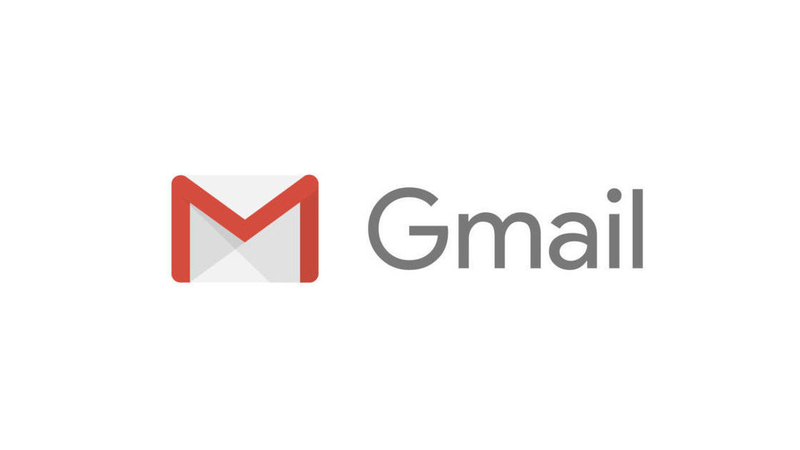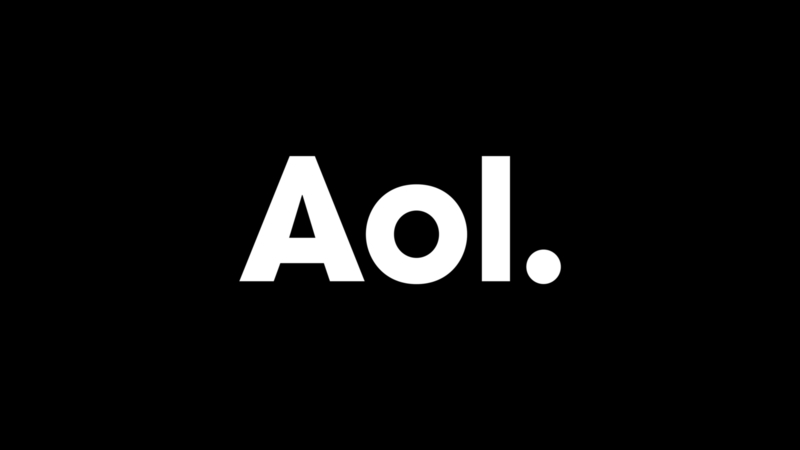

In memory of David Manlove
David Manlove
In the summer of 2000 my wife and I discovered that our 15-year-old son David had a substance abuse problem. As most parents when they first make this sort of discovery, we faced myriad emotions, among them anger, confusion and fear.
We looked for help and were indeed fortunate that Fairbanks Treatment Center was close by. Fairbanks did an initial assessment of our son and recommended that he participate in their Intensive Outpatient Program or IOP. Unfortunately, the program was already at capacity and could not enroll him for several months. So armed with the knowledge that our son did have a serious problem which needed our immediate attention, we spent the next six months working as best we could on our own, to combat it.
But, by December of 2000 we came to the realization that we were losing the struggle with David. On New Year’s Eve he came home from a party after dropping acid and abusing alcohol. After a painful and tearful confrontation he agreed to seek treatment at Fairbanks. Fortunately for us, they were able to accommodate him this time, and so we began the New Year 2001 at Fairbanks, and added hope to the many emotions we were experiencing.
The treatment regimen at Fairbanks was not only for David, but for my wife and me as well. Dave attended four meetings a week while my wife and I participated in two, one with him and the other a parent education program for family members. And it was the parent education program that provided us with invaluable information and tools with which to deal with David's addiction.
We learned about the disease of chemical dependency, how it is an affliction that is not temporary in nature but more one like diabetes that requires constant attention and monitoring for the rest of one's life.
We learned about addiction from a physical, emotional, and psychological perspective, and we learned about relapse, the triggers that cause it, and what we could do to prevent it, or deal with it when it did occur.
Finally we learned about love…and how sometimes love enables or facilitates addiction. We learned that sometimes there must be tough love to combat the addiction. And we learned that in the end there is always unconditional love that holds us together and says that while we hate what this addiction is doing to you and to us, we will always love you.
While tentative at first, David did well in the program. He attended meetings faithfully, participated fully in discussions and did not shy away from the intense self-examination that comes when addicts get together in small groups and inevitably strip away the trappings of denial and self pity.
After three or four weeks David began to publicly acknowledge that he was an addict -- all the while taking and successfully passing weekly drug tests. He also started attending weekly meetings of Alcoholics and Narcotics Anonymous and began to search for a sponsor, all necessary elements for success in the Fairbanks recovery program.
But the success David was having at Fairbanks came at a price. As often happens with recovering addicts, he replaced his drug and alcohol abuse behaviors with other risk-taking activities. He was arrested twice for non-drug related offenses, and his grades at school suffered tremendously. But after two months at Fairbanks he successfully finished the program and graduated to their after-care program of voluntary meetings. He also continued to attend AA and NA meetings and successfully passed regular drug screenings, which were a requirement of his recovery contract with Fairbanks and with us.
With the help of some academic tutoring he was able to finish his sophomore year at Lawrence Central High School and officially become a junior. But the specter of relapse was ever-present and was a constant source of worry for my wife and me, so we turned again and again to Fairbanks for guidance and advice on how to face the uncertain future of a recovering addict.
School ended in early June 2001 and David was looking forward to a summer in which he could find a job to make enough money to buy a car, and to try and win back some of the trust that he had lost as a result of his substance abuse. But his desire to get high was very powerful, more powerful than we as his parents knew, and more importantly, more powerful than he knew himself.
And so on a beautiful, warm sunny Saturday the second week of June he got up early, mowed the yard, and then asked if he could go swimming with some friends at their pool not far from our home. They swam for a while and then he and a friend left, ostensibly to go get something to eat. But they did not go get something to eat. They went instead to a drug store in the neighborhood and bought a can of computer duster.
Some time before his friend had showed David how they could get high by inhaling the propellant from the computer duster, and best of all for David, the chemical in the propellant would not show up on any of the usual drug tests. But inhalants can have deadly side effects that occur without warning.
They returned to the pool and began to do what is called "huffing" or inhaling the propellant from the can under the water to intensify the high. And on the third or fourth try, David suddenly went into cardiac arrest and drowned before his friends or paramedics could save him.
Many wonder why we share this story of loss and tragedy -- that somehow we failed in all that we as a family, and Fairbanks as an organization, tried to do for Dave. And while it is true that his death was tragic and the worst kind of loss parents can endure, we know that the answer is that David died of his addiction -- in spite of all his parents, his friends and Fairbanks tried to do to prevent it. The answer is also, that the education and coping skills we learned from the Parent Education Program at Fairbanks gave us the tools to understand how powerful addiction can be and to put his death in the perspective that even when you do all the right things and work very hard -- bad things can still happen.
We will forever be grateful to Fairbanks for what they tried to do for David and more importantly what they have done for us to help us understand and cope with his loss. We can't help David now, what we do from here on out is for ourselves and for others. That is why we do what we do and why we tell our story. A story about just a normal high school boy, a story about our son David.
Partners for Hope raise critical funds on behalf Partnership to End Addiction – the nation’s leading organization dedicated to addiction prevention, treatment and recovery. Every dollar raised on behalf of the Partnership* will help ensure free, personalized family support resources, including our national helpline, peer-to-peer parent coaching, customized online tools and community education programs, can reach those who need them most. Please consider donating to this fundraiser and sharing this page.
*Donations made to Partnership to End Addiction are tax deductible to the extent allowed by law. All contributions are fully tax-deductible, as no goods or services are provided in consideration in whole, or in part, of any contribution to this nonprofit organization. EIN: 52-1736502










Guest Book